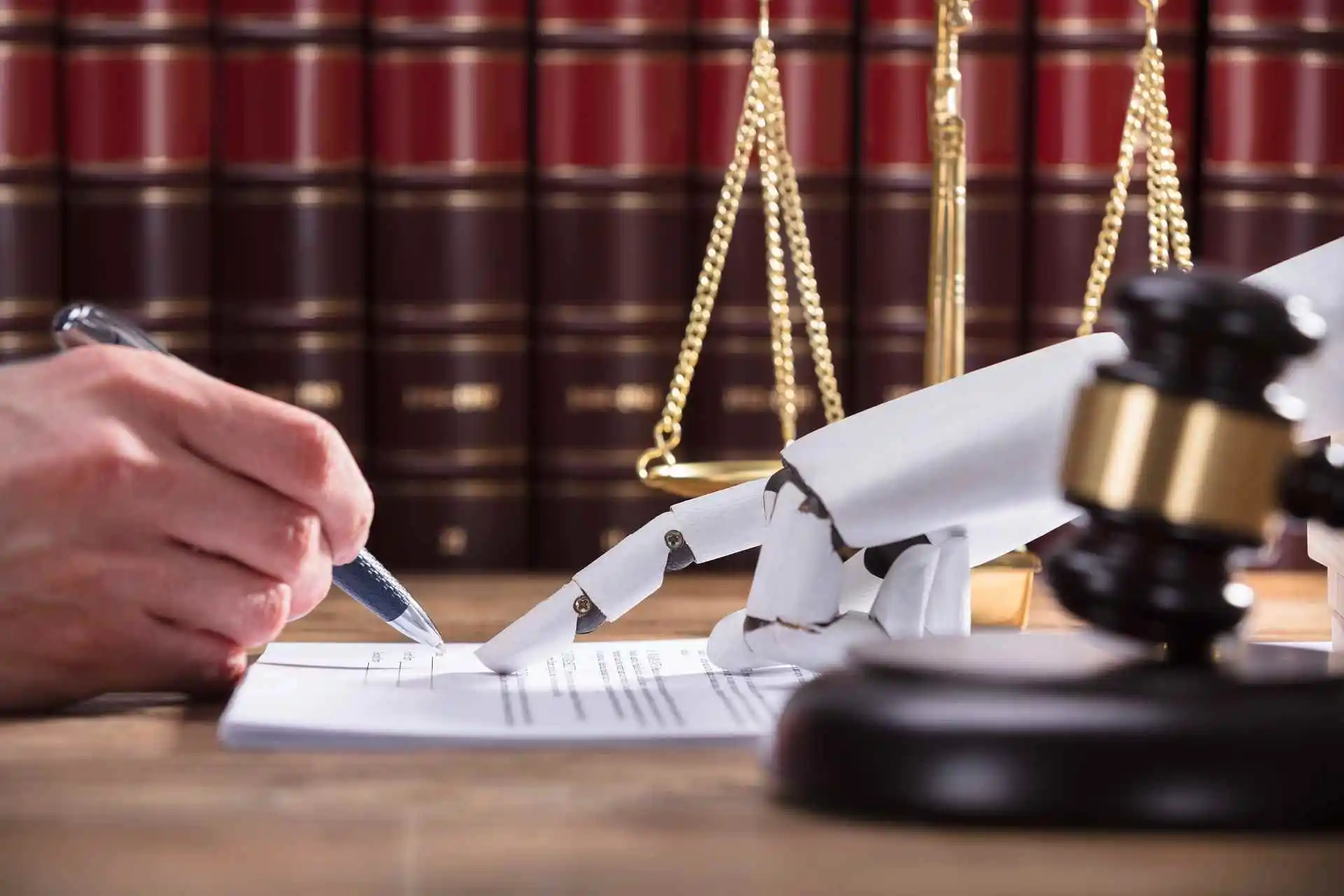Using generative AI tools offers enormous ethical concerns and previously unheard-of opportunities in the quickly changing legal technology field. Ryan Groff, a lecturer at New England Law and a renowned member of the Massachusetts Bar, discusses these aspects in the fascinating webinar "Ethical Uses of Generative AI in the Practice of Law."
However, solving important ethical issues, including algorithmic bias, data privacy, and the openness of AI's decision-making processes, is necessary before incorporating GenAI into legal practice. We need to ensure that all AI operations are transparent, eliminate biases in algorithmic processes, and consider accountability when making decisions based on AI.
Ethical Uses of Generative AI in the Practice of Law
The perfect AI supplier should excel in several crucial areas, each essential to AI's successful and responsible integration into your legal business. Here's a closer look at what these collaborations need to comprise:
Educating Your Law Firm
The ideal AI supplier would collaborate with you to create and provide thorough training for your legal staff. This training would cover instruction on the moral use of AI, comprehending its potential and constraints, and safeguarding customer data. The intention is to support ongoing learning and flexibility as AI technology advances.
Maintaining Accuracy and Fairness
Your AI partner should regularly evaluate and update their models to ensure accuracy and fairness. This entails conducting bias and accuracy tests and training these models on a variety of data sets to ensure fair and unbiased conclusions.
Protecting Customer Data
Safety comes first. To safeguard sensitive customer data, the AI service you select must adhere to the strictest data encryption and access control guidelines. It should also routinely check its systems for vulnerabilities and completely abide by data protection rules.
Collaborative Activities
- Work with your AI provider to customize training courses to your company's requirements.
- Consider incorporating case studies and ethical dilemmas that accurately depict real-world circumstances.
- Advocate for continual education to keep pace with technology changes.
Checklist for Security:
- Make sure the AI supplier has strong access controls and employs cutting-edge encryption.
- Verify that they abide by all applicable data protection laws.
- Anticipate frequent security audits to find and fix any weaknesses.
Fundamental beliefs concerning AI and legal ethics
Groff stated to set the tone:
“AI should act as a legal assistant, not as a substitute for a lawyer.”
Regardless of the tools at their service, professionals must maintain their independence of judgment and loyalty to morality in the legal profession.
Legal ethics applied to artificial intelligence
Groff stated that AI is subject to the same ethical standards as other fields. He highlighted the fundamental ABA principles: "Lawyers must ensure ongoing learning and maintain tech competence." In order to successfully oversee AI legal assistants, protect confidentiality, and ensure good communication, he also mentioned the need for lawyers to be technologically competent and to pursue continual education.
Examples and case studies
Groff offered several important case studies, including Avianca v. Marta, highlighting the legal field's promise and drawbacks of artificial intelligence (AI).
AI's potential and restrictions in legislation
"While AI can help with creative tasks, it shouldn't be used to make important legal decisions on its own."
Groff gave advice, emphasizing the crucial requirement for domain-specific engineering of AI tools to guarantee their suitability for legal uses.

